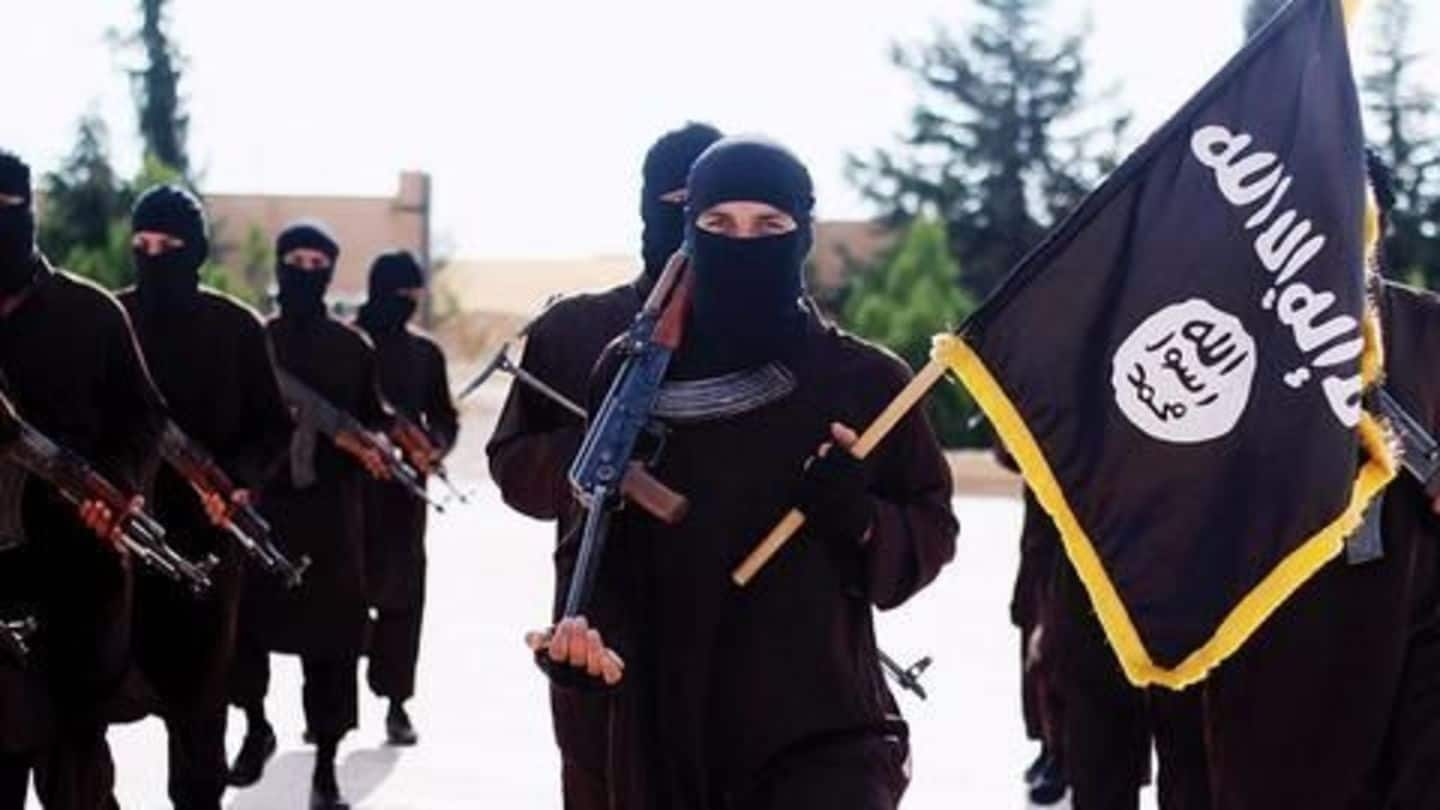
Dhaka airport attack: Islamic State claims responsibility
What's the story
IS has claimed responsibility for a blast near a police check-post at the Hazrat Shahjalal International Airport intersection in Dhaka on March 24. This is the second attack it has claimed in a week, and the 28th since September 2015; seven days ago, two security personnel were injured in an attack at a nearby camp. Bangladesh has witnessed a gradual rise in Islamic terror.
Islamic terror
Rise of Islamic extremism in Bangladesh
A series of extremist attacks started in Bangladesh since around 2013, when thousands of activists launched protests demanding capital punishment for Islamist leaders convicted of war crimes during Bangladesh's 1971 war of independence. What started as revenge killing of protesters expanded to include religious minorities, foreigners, and liberal writers. The first murder was of Ahmed Rajib Haider, a secular-minded blogger involved in the protests.
Targets
Targets: Religious minorities, foreigners, liberals
One of the initial high-profile victims was Avijit Roy, Bangladeshi-American blogger, in February 2014. Faisal Arefin Dipan, Roy's publisher, was also killed. Later, Italian Cesare Tavella and Japanese Kunio Hoshi were murdered. In April 2016, extremists targeted gay rights activist Xulhaz Mannan and his actor friend Mahbub Rabbi Tonoy, in seemingly the first attacks based on sexuality. Over 30 individuals have been killed.
Sheikh Hasina
Government response emboldens extremists
The Sheikh Hasina government has consistently denied the presence of international terrorist organizations like IS and al-Qaeda in the country despite growing evidence, and has taken a stand against seculars, saying people "have no right to write or speak against any religion". It has also been accused of arbitrarily cracking down on political opponents, suffocating media and arresting critics.
Information
The July 2016 Dhaka attack
A major setback came in July 2016, when militants stormed an upscale café in Dhaka and killed 20 hostages, mostly foreigners. IS, which claimed responsibility, later released a video warning of more such attacks "until…the sharia is established throughout the world".
Groups
Terror groups in Bangladesh compete for influence
Two main terror groups and their affiliates have operated in Bangladesh: the Jamaatul Mujahideen Bangladesh, an IS affiliate, and the Ansarullah Bangla Team, a follower of al-Qaeda in the Indian Subcontinent. Though IS has claimed responsibility for several attacks, experts believe other groups are likely behind many of them. JMB's attacks have focused on religious minorities, while ABT has targeted liberals and seculars.
Attacker
Unexploded bombs found on Hazrat Shahjalal Airport attacker
Witnesses saw the attacker, who was killed in the blast, loitering around the check-post earlier. No casualties were reported in the explosion. IS identified the man as Abu Muhammad al-Bangali, but the uncertain police have collected his fingerprints. Three bombs found in his luggage were defused. Police said it might not have been a suicide attack, but a mistake when the terrorist got nervous.
Diplomacy
Rise of terrorism hits diplomatic relations
Nationals of Japan, India and Italy, important countries for Bangladesh' economic development, were killed in the 2016 Dhaka attack. Afterwards, many diplomats started sending out their families back to their respective countries. Some mulled moving their offices out of Bangladesh and instead controlling operations from New Delhi or Bangkok. Investment took a hit, and Dhaka had to work hard to win back confidence.
Information
Should India worry about terrorism in neighbouring countries?
The India-bangladesh border is very porous, making cross-border exchange of terrorism relatively easy. India has also received growing intel that Pakistan-based Jaish-e-Mohammed and other terror outfits are working in collaboration with the Taliban and IS in Afghanistan, increasing potential threats to the country.